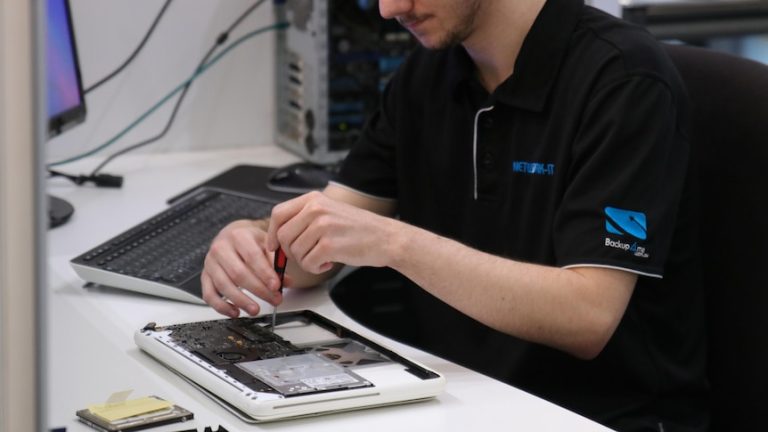Recycling is good but it’s not nearly good enough
Getting rid of the little things that we gather up and toss out as we go about our everyday lives will remain a challenge that we will have to deal with even if or when we achieve 100% recycling. No other species live in such a wasteful way that they require us to deal with the by-products of their everyday lifestyles.
Within the framework of our current industrial system, as this story by Mishja Mitchell explains (We can’t recycle our way to ‘zero waste’, The Conversation, August 5, 2017) the waste heirarchy only gets us so far and then, oops, here we go again, in the bin, into landfull. Mitchell writes:
” … like many words, there’s a crucial difference between the common and technical definition of waste. Conversationally, “waste” is understood as something unwanted or unusable, that has no value. In technical terms, it’s a classification of a resource or product at a certain point in its value chain.
It might seem like a pedantic distinction. But language shapes our understanding and behaviour, and our conception of what is possible and important.
Albert Shamess, Vancouver’s director of waste management said recently, “we can’t recycle our way to zero waste”. It goes to the heart of the question: is waste still waste if it gets recycled?
The standard waste hierarchy generally demarcates between waste avoidance and waste management, with recycling squarely in the waste management zone. In this sense, recycling is something we do to waste, not a way to avoid it.
“…. the recycling process still consumes energy (and other resources), and costs money. And for many materials, particularly plastic and to some extent paper, recycling is also a downgrading process.
These materials can only be recycled a certain number of times before they degrade beyond all use, and generally then end up in landfill. At this point, they can’t be recovered for waste to energy.”



